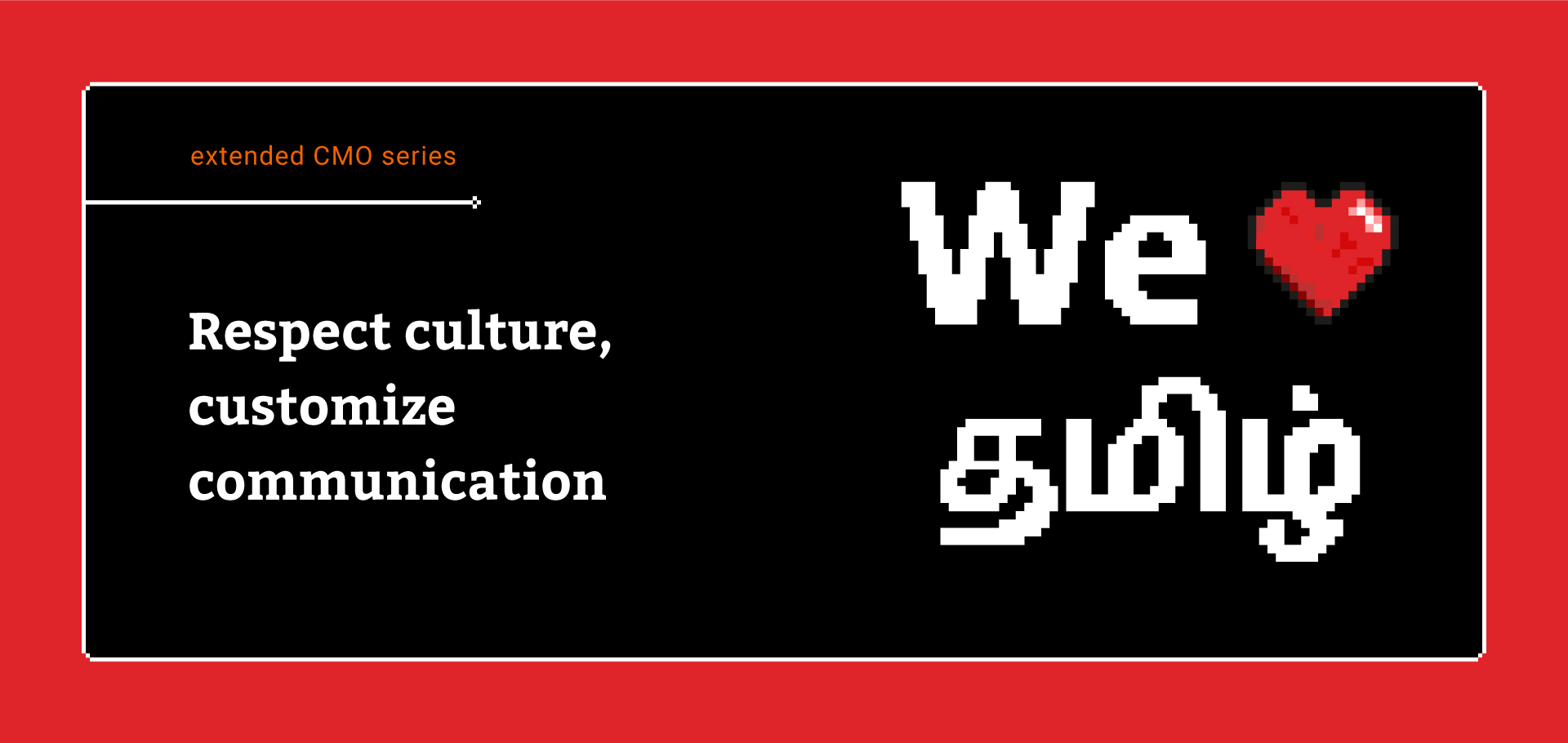A client came to us with a clearly defined problem statement: Their top-class product was not selling. They wanted us to devise and execute a marketing plan for them.
This client manufactured ready-to-cook batter for making idlis and dosais, the staple south Indian dishes. Their packaging was elegant and environment friendly. Their pricing was competitive. They manufactured their batter at a sterile, high-quality plant in Chennai. Their distribution network was strong and covered most of the key retail stores in Chennai and other parts of urban Tamil Nadu.
The branding was slick. And the client’s advertising budget was also substantial. Yet, even after over a year of being in the market, their batter was not selling.
We began with asking the question, “Why?”
After spending quality time assessing their marketing strategy, we found an answer to our question in a grocery store in South Chennai. A homemaker told us that she did not pick up this client’s brand because the packaging said “Idly &
Dosa Batter”. She said that only north Indians referred to a dosai as dosa. So she believed that the company making the batter was from North India. “Living in Chennai, and when I can make it at home, why would I want to buy dosai batter made by a north Indian company,” she asked.
The client was startled by the homemaker’s candid feedback. But there lay a big lesson for them in her statement. The authentic way south Indians pronounce and spell the dish (in English) is dosai. However, across all parts of India, except in South India, people call the dish dosa. The dish is native to South India. And rightfully the local and native culture’s preference must be respected. This brand had clearly not done that.
Surely, we advised the client that they change the word to dosai. The new packaging and all the advertising communication reflected the change quickly. We also recommended that their advertising strategy must have a significant amount of regional, vernacular content. So, in-store promos, radio spots and social media campaigns were all rolled out in Tamil.
Resultantly, the brand began to move well and sales have been steadily growing each quarter.
Respecting culture is very important for brands to build their reputation and grow their business. In India, especially, native cultures vary from state to state. And from region to region. Marketing across India requires paying major attention to culturally sensitive communication. For instance, it is Deepavali in South India and Diwali in the rest of India. In Tamil Nadu the harvest festival is called Pongal, while in some other parts of India it is called Makar Sankranti.
Brands must take care not to wish their customers in Tamil Nadu for Makar Sankranti. Pongal wishes will be in order though and highly appreciated.
Similarly, the authentic name of the dish is dosai and not dosa. In South India another dish is called parotta, while in North India people make a dish called paratha. Both dishes are unique. Paratha is wheat-based. And parotta has wheat-based and maida-based variants. Selling these dishes in the market requires sharp, customized, culture-sensitive communication.
At FBL, we encourage all our clients to be sensitive and aware of India’s myriad regional cultures and traditions. And, importantly, we champion that these cultures be respected through sharp, customized communication.








